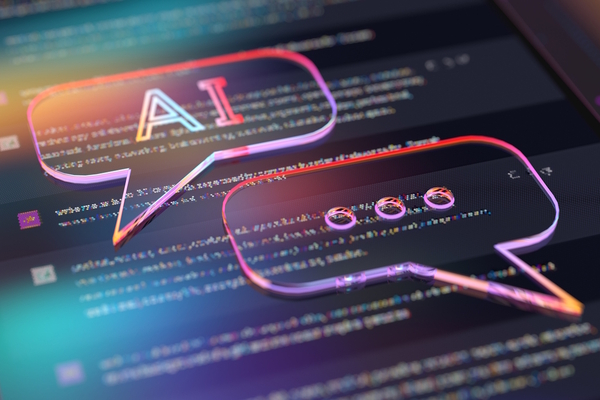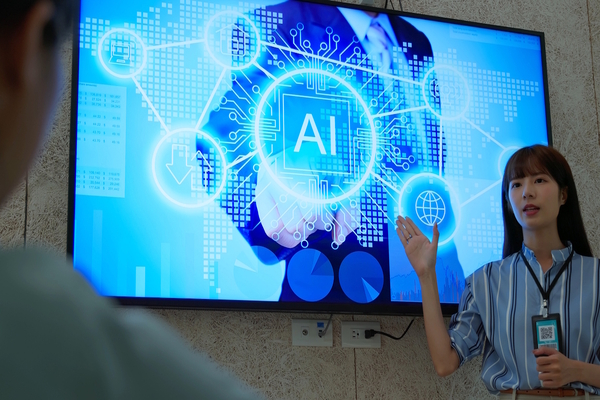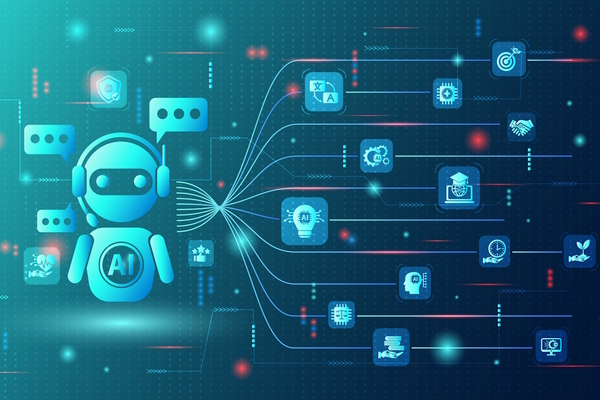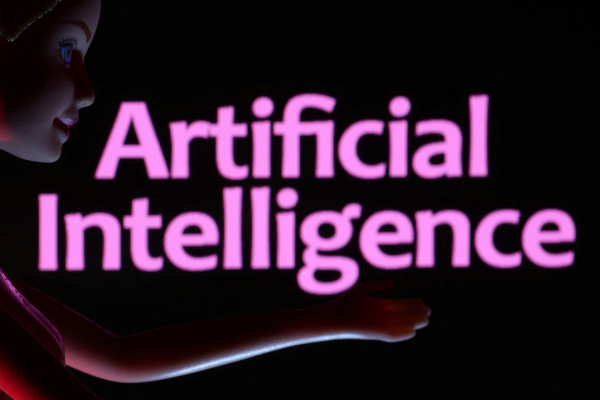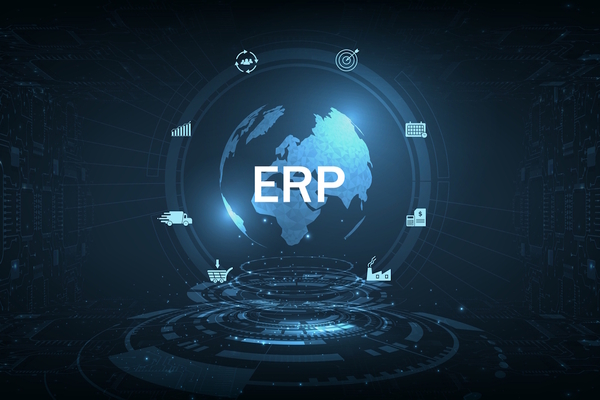It’s time to upskill for Artificial Intelligence

Hadi Moussa at Coursera describes how organisations can identify and manage skills requirements for AI
Artificial Intelligence (AI) is influencing the way we live and work at a rapid pace, with many claiming the technology will affect society to the same extent as the industrial revolution did.
Warnings about AI have come from all sides, not least from its creators. Speaking at a Senate Judiciary Committee, OpenAI CEO, Sam Altman, warned of the danger of AI displacing jobs, a prospect realised across the business community. Just this month, British Telecom (BT) announced it plans to cut 55,000 jobs with up to a fifth being replaced by AI by the end of the decade.
It’s against this backdrop, there have been calls to put the brakes on generative AI and pause its progress to consider the technology’s impact and formulate adaptation strategies.
According to Bill Gates, this is an unrealistic approach. In a recent interview he said that pausing AI would not “solve the challenges” and could not be globally implemented. It would be better to focus on AI’s benefits, its positive impacts on industries such as healthcare and education, in which, according to Gates, AI chatbots could teach children to read in 18 months.
How businesses can prepare
While concerns around the rapid onset of AI are valid, there’s no doubt it is set to transform the business landscape. So where does that leave employers and jobseekers?
Undoubtedly more roles will become automated. But the longer-term prospect is for a balance of humans and machines where AI supplements human-led tasks, rather than replaces them. This will leave more room for creativity and expedite the bottom line for businesses everywhere.
How do we get there? The answer is through education. Data from Coursera reveals that 80% of UK businesses are relying on AI for growth in the next three years, and that 83% of UK business decision makers believe AI will change the skills their company requires.
These findings were based on a survey of 1,000 UK business leaders, the clear majority of which said that it was ‘important’ for job candidates to have proficiency in AI. The research found one in three companies lack employees skilled in AI, and 67% of employers now want job candidates with AI skills.
This is a clear call to action for employers and employees to upskill. For jobseekers and entry-level candidates in particular, AI proficiency presents an opportunity to enhance CVs with the skills for the changing world of work. At Coursera we’re already seeing an increase in people exploring online courses compatible with AI, in fact searches for AI-related courses have gone up 230% year-on-year.
However, business should note that not all the skills needed for the onset of AI are technical. As the technology propagates across multiple industries, soft skills, especially leadership, will be in high demand, as will interpersonal skills.
AI will never replace human interaction. Every worker should therefore be able to add value beyond what can be done by an intelligent machine. In a recent report conducted by Microsoft, some of the most essential skills in an AI-powered future will be: analytical judgement, flexibility, and emotional intelligence.
It will be important for businesses to encourage these values and skills within their organisations.
These skills can also be enabled by AI. AI-delivered educational programmes can help learner experiences to be interactive and immersive. AI can also help to analyse learners’ strengths, weaknesses and learning styles to create tailored learning paths.
AI-powered adaptive learning platforms can also continuously assess learners’ progress and provide real-time feedback. The advancements are ushering in a new chapter of learning to fit with the requirements of the new economy.
This will be enabled through online education which facilitates flexibility and upskilling with a range of qualifications, from micro-credentials to advanced degree programmes and professional certificates.
Embrace the future digital economy
In its transformative impact, generative AI combines the founding of the printing press in Europe in 1436, with the creation of the assembly line in the US in 1913. Then as now, viral information and rapid production will change society, creating new infrastructures, ideas, and opportunities.
The industrial revolution, occurring over the 17th and 18th centuries, had a similar impact on work and the economy. Though occurring over 200 years, it happened far more incrementally than AI, whose progress can be measured in months.
While previous disruptive technologies may have driven a wedge between those at the top and those at the bottom, AI has the ability to democratise the way we live, work and learn. Educators, governments, enterprises and individuals must align to ensure AI is implemented inclusively and responsibly.
In particular, governments should prioritise establishing solid regulatory frameworks, while businesses need to cultivate transparent principles for AI usage that ensure inclusion, fairness, and accountability.
All parties should encourage their employees and prospective employees to embrace the skills and new ways of thinking that will come with the fourth industrial revolution.
Hadi Moussa is Managing Director, EMEA for Coursera
Main image courtesy of iStockPhoto.com

Business Reporter Team
Most Viewed
Winston House, 3rd Floor, Units 306-309, 2-4 Dollis Park, London, N3 1HF
23-29 Hendon Lane, London, N3 1RT
020 8349 4363
© 2025, Lyonsdown Limited. Business Reporter® is a registered trademark of Lyonsdown Ltd. VAT registration number: 830519543
